The Legend Will Never Die
Professors and pundits are downgrading President Kennedy's legacy these days, seeing him as an ordinary, even ineffective leader. The people, three-quarters of them, according to polling done this month by the Gallup organization, rate him as the greatest of modern presidents.Professors and pundits are downgrading President Kennedy's legacy these days. The people, according to polling done this month by Gallup, rate him as the greatest of modern presidents.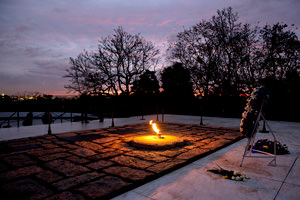
Twenty-five years ago, I asked Charles Bartlett, a syndicated columnist, about his old and close friend John F. Kennedy. I have seen his answer published and broadcast dozens of times these past weeks as the nation marks the anniversary of the assassination of our 35th president.
Bartlett’s answer: “No one ever knew John Kennedy, not all of him.”Now, 50 years after that tragic Nov. 22 in Dallas, that answer still seems relevant. Of course, that is the way Kennedy wanted it. He was a compartmentalized man with much to hide, comfortable with secrets and lies. He organized his White House as a wagon wheel, with himself as what he called “the vital center,” the hub. All his relations along the spokes were bilateral. “It was instinctive at first,” he said. “I had different identities, and this was a useful way of expressing each without compromising the others.”Debate about two of those identities has dominated the discussion these days: the energetic president and the cultural icon. Professors and pundits are downgrading President Kennedy’s legacy these days, seeing him as an ordinary, even ineffective leader. The people, three-quarters of them, according to polling done this month by the Gallup organization, rate him as the greatest of modern presidents. Historians and scholars do not rank Kennedy among the great presidents, the transformational presidents. They are upset about “image.”Image counts, I’d say. Some argue that his deeds never matched his words, the words people remember. But words count, too. Kennedy, like Roosevelt and Ronald Reagan, understood that words and images are the way to reach millions of people. The president’s job is to lead the nation, not manage the government, which is unmanageable. Nobody remembers whether Lincoln balanced the budget.At the end of his days, Kennedy had his share of historic achievements: He prevented regional wars in Cuba and Germany, and possibly a World War III. He put the government on the side of the minority in the black struggle for civil rights — no small thing in a democracy, and an act of political courage when his own party, the Democrats, controlled the segregated Southern states and the Congress. He gambled confidently that the United States could overtake the Soviets’ early lead in space exploration, mobilizing the nation by pledging that an American would walk on the moon before the end of the 1960s. And we did it! He negotiated a Test Ban Treaty with the Soviet Union, the first treaty of the nuclear age. He put national health care and immigration reform on the agenda.© 2013 UNIVERSAL UCLICK
Your support matters…Independent journalism is under threat and overshadowed by heavily funded mainstream media.
You can help level the playing field. Become a member.
Your tax-deductible contribution keeps us digging beneath the headlines to give you thought-provoking, investigative reporting and analysis that unearths what's really happening- without compromise.
Give today to support our courageous, independent journalists.

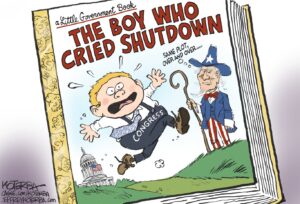
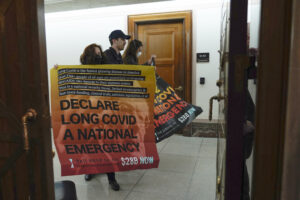
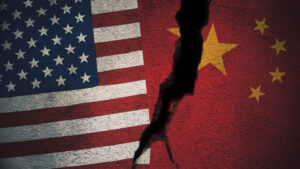
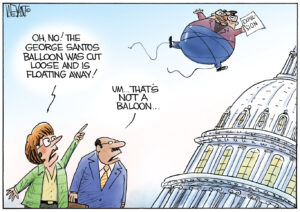
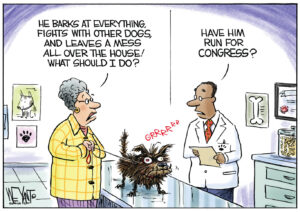
You need to be a supporter to comment.
There are currently no responses to this article.
Be the first to respond.